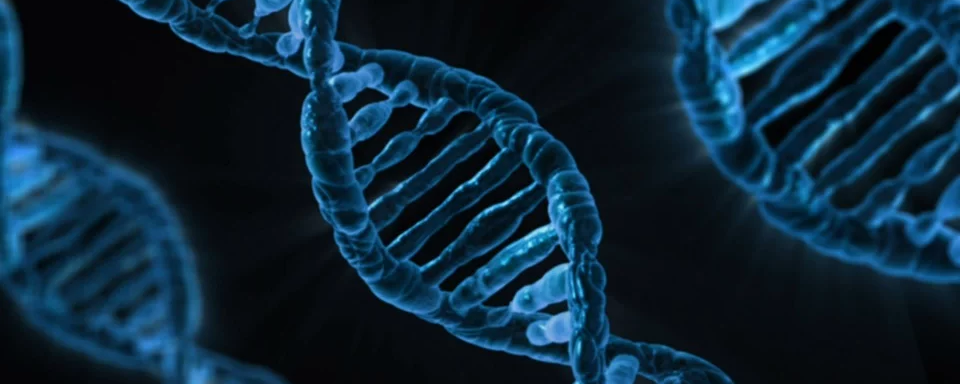-
Perfecting the Rabies Vaccine Formula

By Sarea Nizami You may often associate the word “rabies” with dogs. But, did you know that 70% of rabies infections among humans in the United States are because of bats? In the United States, rabies is much more prevalent among wildlife than domestic animals. Thanks to pet vaccination programs, dogs don’t have to worry…
-
Born to Kill? The story of ‘Serial Killer’ genes

By Anusha Subramanian All the way back in 2010, an Italian judge made legal history by decreasing the already reduced sentence of a male convict accused of murder, after the convict was found to be a carrier of genetic variants that were thought to be associated with a predisposition for aggression (Forzano et al., 2010).…
-
New experiments can predict occurrences of quantum jumps and may require scientists to reevaluate old theories

By Amar Shah When the mathematical rules for quantum mechanical theory were first created, Niels Böhr and Werner Heisenberg proposed a way to interpret these rules and explain their physical implications: this became known as the Copenhagen interpretation of quantum mechanics. The idea of superposition is instrumental in this: that until the property of a…
-
The mysterious culprit of cancer

By Joshua Wu Cancer, often described as the emperor of all maladies, is a disease characterized by uncontrolled cell growth and proliferation. Cancer is expected to cause the death of 606,520 Americans this year, according to the American Cancer Society’s 2020 Facts & Figures. Due to the variety of cell types from which cancers…
-
In a galaxy far, far away…extragalactic oxygen sighted for the first time

By Nanda Nayak On June 27th 2019, Matty Roberts listened to an episode of The Joe Rogan Experience podcast, where conspiracy theorist Bob Lazar talked about aliens hidden in a United States Air Force facility. Roberts, inspired by the podcast, decided to jokingly create a Facebook event, and so the Area 51 raid ––…
-
New wave sanitation

By Nicole Xu In light of the recent COVID-19 pandemic, one of the most commonly proposed safety precautions is to wash your hands thoroughly. This is true for many other diseases as well. The CDC states that proper hand hygiene can prevent 1 out of 3 children who get diarrheal diseases and 1 out…
-
The unique journey of finding a cure for HIV

By Nicole Xu HIV, or human immunodeficiency virus, is a tedious, lifelong disease. It spreads through bodily fluids and attacks the immune system, specifically the T cells, so that the body can no longer protect itself from other infections. There is no official cure for HIV, but treatment usually involves a continuous prescription of…
-
Skincare: how much should we really care?

By Stephanie Jue Skincare has become all the rage –– Vogue skincare routines plaster YouTube homepages and bottles of similarly-branded products advertising the same age-reducing effects line the shelves of local stores. It seems like brands are always coming up with more and more permutations of the same ingredients you might religiously rub into your…
-
Organic batteries: an unexpected potential renewable energy source

By Daniel Cui Imagine Tesla car company’s incredible renewable and sustainable energy capabilities jammed into a battery that’s smaller than the width of a single strand of your hair. This is exactly what the Liang Li and other researchers at the Beijing National Laboratory for Molecular Sciences have been trying to achieve, albeit in…

